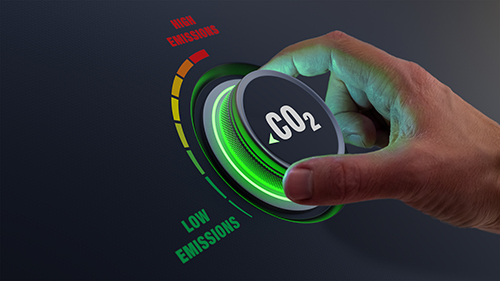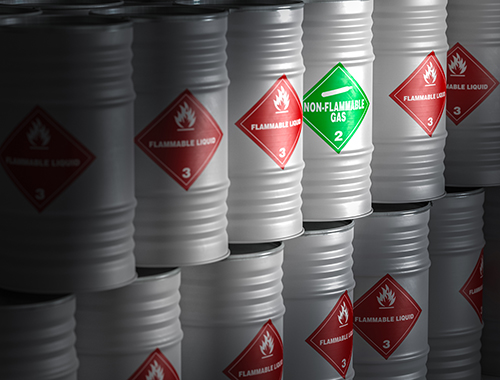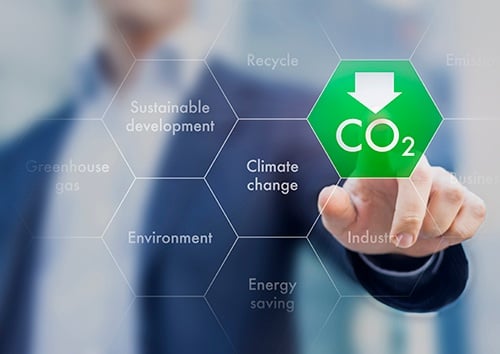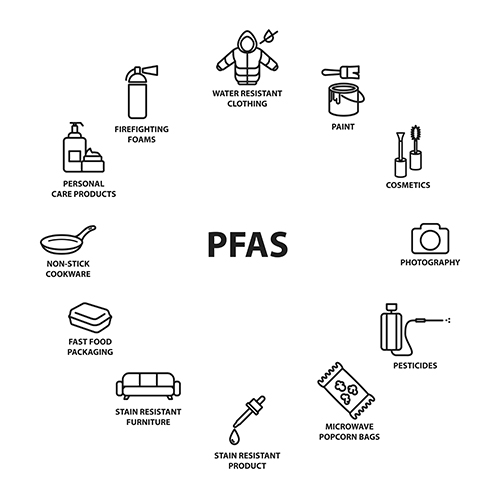AIAG and its member companies have worked collaboratively over many years to consistently offer new and eye-opening information to assist you and your company. Moving into 2021, our stated mission was to educate, inform, and advance transparency in the automotive supply chain continues.
Read MoreNew AIAG Work Group Needs Your Participation
As a member, you have much to contribute, and volunteering on an AIAG committee or work group gives your company a seat at the table and an influential voice in the discussion. The support of thousands of members and industry volunteers working together in a cooperative environment makes it possible for AIAG to create the guidelines and tools that result in streamlined processes and solutions to our industry’s pain points and challenges.
Read More
The world’s leading authority on climate science, the Intergovernmental Panel on Climate Change (IPCC) had not delivered a major report in seven years. But the installment released in August 2021 paints a dire picture of our future.
Read More
EPA Deadline Extended
On September 23, 2021, the U.S. EPA extended the reporting deadline for health and safety data on 20 high-priority chemicals and 30 organohalogens.
EPA issued a prepublication version of a rule that would extend the reporting and submission deadline for the Health and Safety Data Reporting rule under TSCA. The deadline is extended to December 1, 2021, for High Priority Substances (twenty), and to January 25, 2022, for the thirty (30) organohalogen flame retardants.
Read MoreWith sessions focusing on everything from regulation updates across the globe (including the United States, Canada, Europe, and Asia-Pacific) and PBT chemicals under TSCA Section 6(h) to the circular economy, PFAS, the Chemical Strategy for Sustainability — and of course IMDS — this year’s event is one you won’t want to miss.
Read MoreTwo Free Webinars to Increase Your Knowledge
Register Now for October 26th Webinar on Climate
We’ve added a new webinar to the lineup — a climate-focused webinar on October 26th detailing RE100, EP100, and SteelZero Initiatives.
Human Rights Are Not Just an ESG Factor
The notion that investors should use environmental, social, and governance (ESG) considerations to inform their decision-making is having a moment. This is undoubtedly a good thing for those who believe that just and sustainable business has an essential role to play in the creation of a more equitable future. However, there is a risk of fundamental concepts getting lost in the process. One of these concepts is the responsibility of business and institutional investors to respect human rights.
Read More
Research sets out benefits of robust sustainability reporting alongside financial disclosure.
A white paper commissioned by GRI investigates the application of materiality in sustainability reporting. The paper highlights why disclosing impacts that go beyond those that are financially material benefits organizations while supporting sustainable development.
Read More2021 IMDS & Product Chemical Compliance Conference
Register by October 12th to get the best pricing for one of AIAG’s most popular annual conferences: $99 for members; $129 for non-members.
Read More
Effective January 1, 2023, a manufacturer of a product for sale in Maine containing intentionally added PFAS must submit a report that includes a brief description of the product; the proposed use of PFAS in a product, including components; and other information.
Read More












